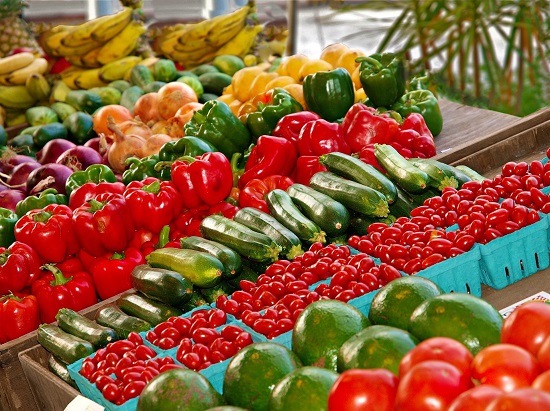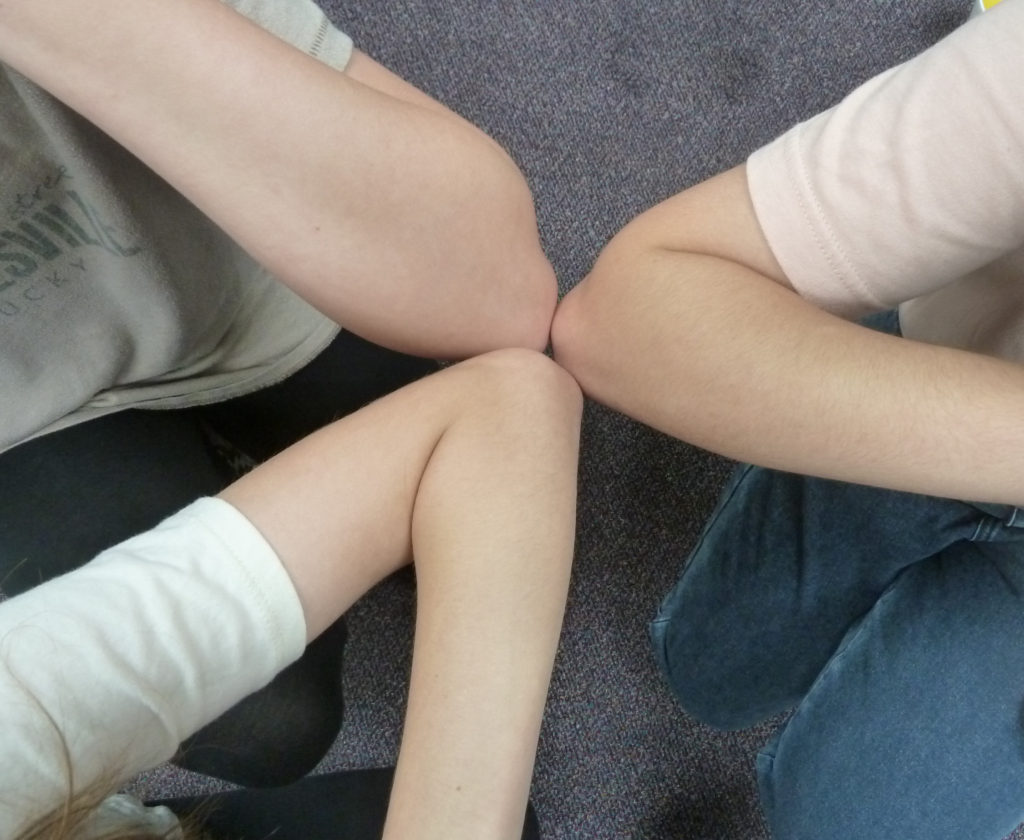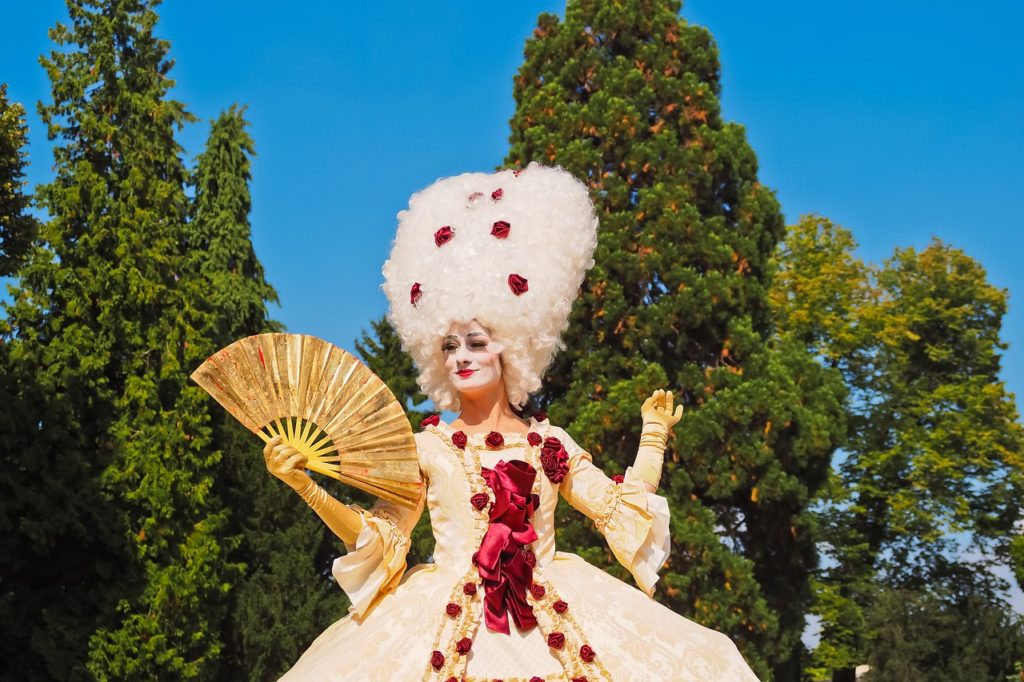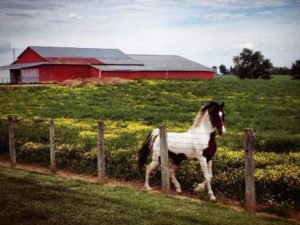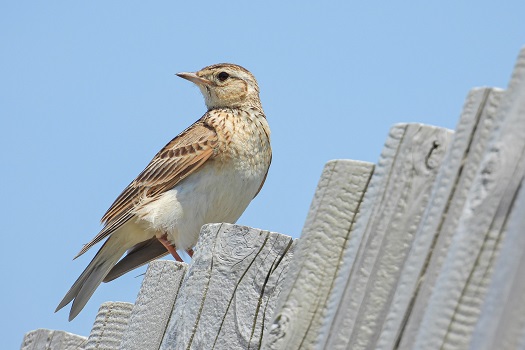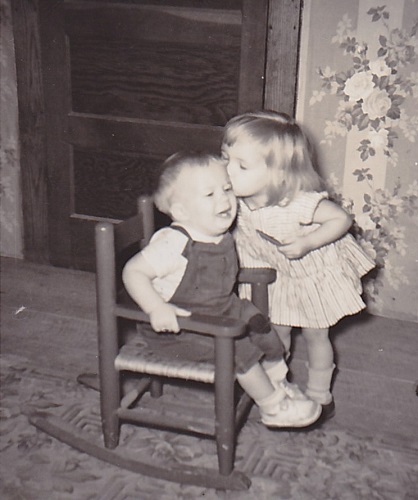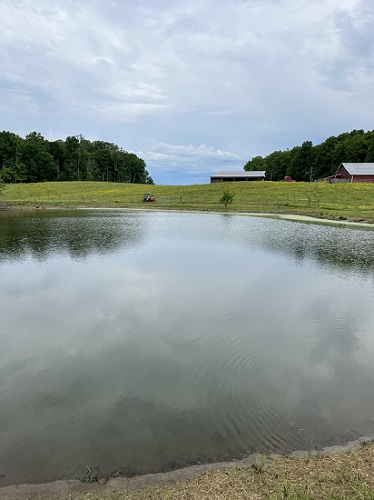Grow Like a Weed
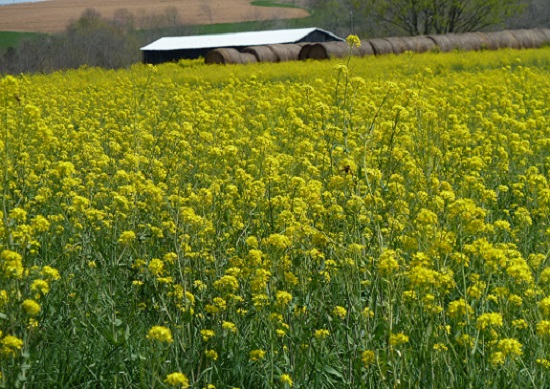 My youngest relatives grow like a weed. One day, they are knee high to a grasshopper. The next, they stand as high as my shoulder. Now, most tower over me.
My youngest relatives grow like a weed. One day, they are knee high to a grasshopper. The next, they stand as high as my shoulder. Now, most tower over me.
It takes longer than three days for that to happen. However, they do grow fast.
To grow like a weed means to grow quickly.
If we have a garden, we have weeds. We pull the weeds. A day or two later, we have more weeds. Tall weeds. The battle never ends.
To grow like a weed also means to grow well.
We want our vegetables or flowers to grow well. When we bite into tomatoes, still warm from the vine, we almost burst with joy. Yet, to enjoy those tomatoes, we must deal with pesky weeds.
Weeds grow almost anywhere.
In addition to gardens, we find them in:
- Yards
- Fields
- Parks
- Cracks in sidewalks
Many weeds are beautiful.
People in Kentucky try to keep dandelions out of our yards. Yet, a first-time visitor from South Korea loved our beautiful yellow flowers.
Considered a weed by many people, goldenrod is Kentucky’s state flower. It turns a bare field into an ocean of gold.
All of us were created to grow.
We may not grow as fast or as well as a weed. However, we can grow and bloom where we are planted. Let’s make the world a more beautiful place with our presence.
“We are co-workers in God’s service; you are God’s field” (1 Corinthians 3:9 NIV).
Thanks to Beckham Wilson for the suggestion.
Do you have an expression you want explained or a thought about this one? If so, please comment below.
Subscribe to receive my weekly posts by email and receive a free copy of “Words of Hope for Days that Hurt.”
If you enjoyed this post, please share it with your friends.

